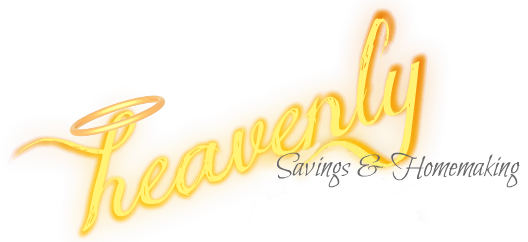Pros and Cons of Paying Cash for a House
After a few painful years that drove handfuls of real estate agents into new professions, it’s finally looking like the housing market is beginning to rebound. If you’ve been on the upswing yourself and find yourself sitting on a pile of cash, either through savings or inheritance, it can be tempting to invest in a house and pay outright.
On the surface, that makes good sense. Why pay a mortgage lender interest when you could just purchase a home with cash?
If that’s your scenario, lucky you! But think twice before writing that check. Even Facebook CEO Mark Zuckerberg, worth around $14 billion, took a 30-year mortgage on the $7 million home he bought in Palo Alto earlier this year.
Why would he do that? Because for his situation, it made smart financial sense (and it doesn’t hurt that as a preferred borrower, he secured a 1.05% interest rate).
The same principles that apply to would-be cash buyers are also applicable to average buyers trying to decide how much they can afford and how much to offer in a down payment. Whether you’re looking at a 10 percent upfront investment on your new home or considering paying in full, here are the pros and cons to using cash to purchase a house:
Pros
- When negotiating their purchase with the seller, cash buyers will have an advantage on other potential buyers who require a loan. Lenders are scrutinizing applicants’ financial histories and futures more than ever before, and securing a loan can often draw out the once-typical 30 day closing process. With cash on hand, a seller knows they can secure the deal and be done with it, which can give the buyer an edge to barter a lower final cost.
- Without a mortgage payment for the next 15 or 30 years, you’ll have that much more money free each month (minus bills, property tax, insurance, and repairs and renovations). If you’ve got a steady income, avoiding a mortgage payment can let you save quickly for future investments.
- Over the course of a 15 or 30-year loan, a homeowner will likely pay tens to hundreds of thousands of dollars on their mortgage interest. This is money that’s lost, an attractive reason to pay cash (or put down a larger down payment).
- Closing costs factor in fees and prepayments for a loan, meaning that cash buyers will have less expense upfront that’s in addition to the cost of the home.
- Mortgage lenders collect money each month for taxes and insurance, setting it aside in an escrow account that they invest and earn interest off of. Without a mortgage, your money will be yours to control until taxes and insurance are due.
Cons
- By purchasing a home outright, the buyer assumes all of the risk if the property were to decline in value. When a mortgage lender owns a portion of the house (oftentimes, the greater portion), that risk is shared between the bank and the buyer.
- Liquid funds provide flexibility. If you put all of your cash into a home, will you still have adequate flow in case a medical emergency arises? Will you be able to fund your children’s education, or handle unexpected expenses? Going ‘all in’ on a house is not a wise move.
- You may be able to make more investing the money you’d put into a cash payment for a house elsewhere. That’s the theory behind Mark Zuckerberg’s mortgage. Granted, he got a 1.05 percent rate, but even with a 3 percent 15-year rate, you may be able to find another investment that returns more than 3 percent, allowing you to come out on top if you invest the money elsewhere and minimize your down payment.
- Unless you have boundless wealth, paying cash will limit your home options to what you can afford upfront. If you have $150,000 to spend, you may be happier putting $75,000 down on a $300,000 house than purchasing a $150,000 home.
- Many families and individuals count on the tax deduction from their mortgage interest each year. It’s a silver lining to paying interest on a loan — the government lets you deduct it from your total income on your taxes.
Everyone’s situation is different, but the ability to pay cash for a home doesn’t necessarily mean it’s the right choice. Run the numbers over the course of a potential 15 or 30-year loan and consider alternate investments. You may end up better served by taking a mortgage loan and keeping your money available to you.
Kenneth McCall builds creative and innovative tools for customer seeking self storage units. Kenneth is a managing partner at storage.com which provides St Louis storage units and self storage in many other locations across the country. In his spare time he likes to get outside, ideally with a boat and water skis.


